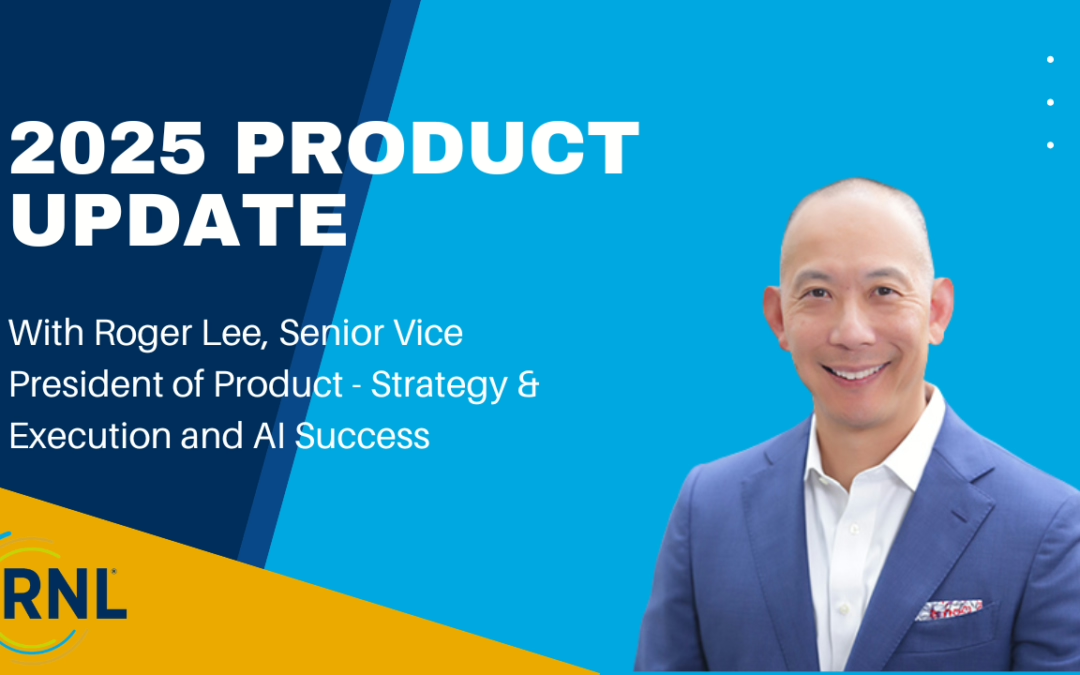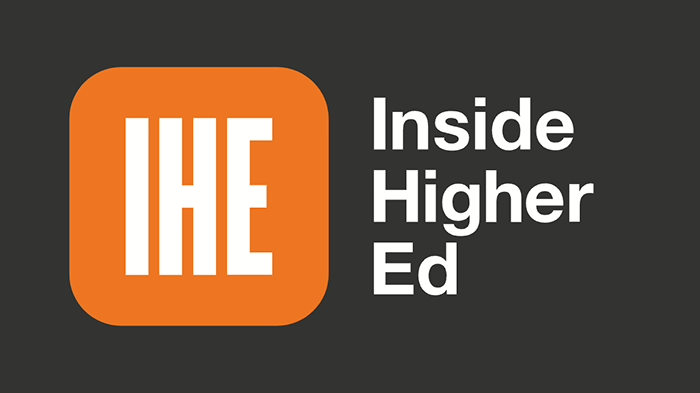
IBM’s Armand Ruiz Presents Vision for AI Agents in the Workplace to RNL Leadership Council
IBM’s Armand Ruiz Presents Vision for AI Agents in the Workplace at AI Leadership Council Meeting
In a recent presentation to the RNL’s AI Leadership Council, Armand Ruiz, Vice President of Product – AI Platform at IBM, shared his vision for the future of work and the role of AI agents in making it more efficient.
According to Ruiz, AI agents will become a key component of the future of work, enabling tasks to be completed autonomously and freeing up humans to focus on higher-level thinking. “The real promise of AI is in agents, which can actually do work and take action,” he said. “We’re moving into a world where we have multi-agent assistance, where multiple agents work together to achieve a common goal.”
Ruiz also highlighted the importance of addressing the challenges of security, governance, and compliance in the use of AI agents in enterprise settings. “We cannot allow these agents to leak sensitive and confidential information, delete files or send data to the wrong recipients,” he emphasized.
In terms of the future of work, Ruiz predicted that most General AI interactions will be in the form of autonomous agents, with 2/3 or 3/4 of the General AI workforce consisting of agents. He cited the example of GitHub, where an agent can automatically fix bugs and issues, freeing up developers to focus on higher-level tasks.
We’re moving into a world where AI will develop AI by itself, and AI will develop agents automatically. – Armand Ruiz
Ruiz also discussed the potential impact of AI agents on education, citing the example of a tool that can take notes and create an outline from handwritten notes. “We’re moving into a world where AI will develop AI by itself, and AI will develop agents automatically,” he said.
Regarding the recent developments in deep learning, Ruiz said that the market’s reaction to the release of the DeepSeek model was an overreaction. “We’ve been pushing for open innovation and open source at IBM, and it’s not surprising that someone else has come into the market with a similar model,” he said.
When asked about the potential impact on decisions related to data centers, Ruiz said that the increased demand for chips and energy will lead to a surge in consumption of AI, particularly in inference workloads. “We see a lot of micro inference going on, and it requires more compute than a regular model,” he explained.
The presentation sparked a lively discussion among the attendees, with several questions and comments from the audience. Ruiz emphasized the importance of addressing the challenges of governance, compliance, working with a trusted partner who understands what you are trying to accomplish with AI, and the need for education and training in the use of these tools.
As the presentation came to a close, Stephen Drew, COO of RNL and chair of the AI Leadership Council, reflected on the importance of working with companies that understand the unique needs of higher education and are committed to the responsible use of AI. “As institutions like RNL continue to navigate the complex landscape of AI and its applications, we are focused on working with our partner universities to help them establish AI governance frameworks, educate their teams on responsible AI, and incorporating AI into our services so our clients benefit from the efficiencies AI offers along with the higher education expertise at RNL,” he said.
To learn more about RNL’s AI governance services and how they can support your institution’s AI initiatives here.






